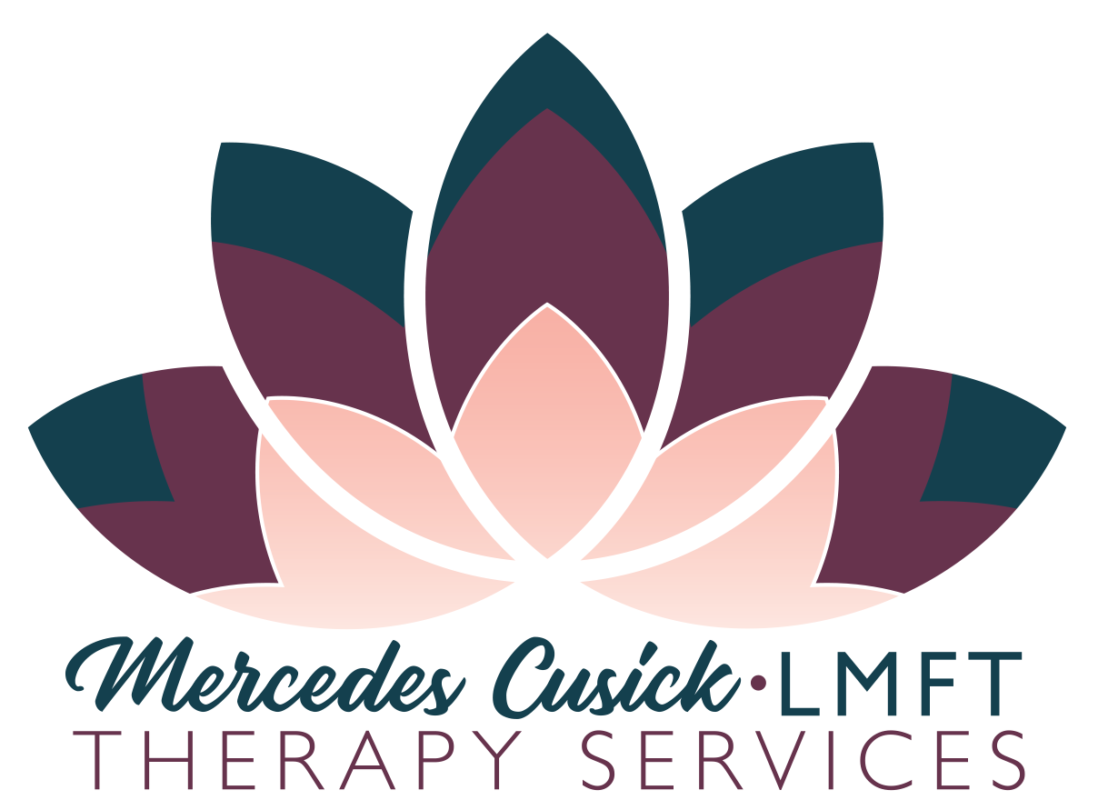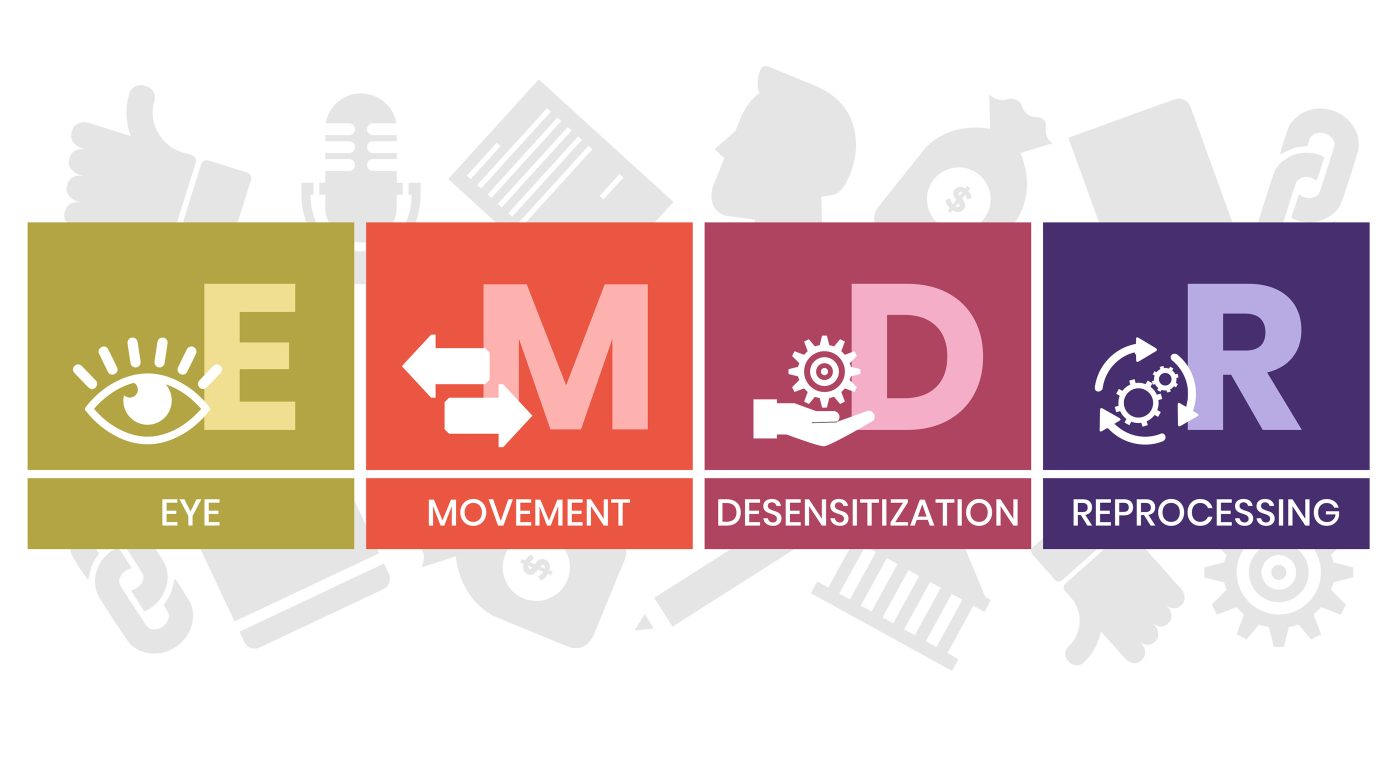Hello there, let’s talk about a really intriguing approach to healing from trauma—EMDR, or Eye Movement Desensitization and Reprocessing. Unlike traditional talk therapy, EMDR offers a unique way to help people deal with their traumatic memories, and it’s something I think could really transform lives.
So, what exactly is EMDR?
Developed by Dr. Francine Shapiro in the late 1980s, EMDR is a therapy designed to help people overcome trauma and other distressing life experiences. It involves an eight-phase treatment process, with the heart of the method being guided eye movements (or other forms of bilateral stimulation) that are thought to simulate the psychological state of REM (Rapid Eye Movement) sleep. This is believed to help change the emotions, thoughts, or behaviors resulting from traumatic experiences.
The Benefits of EMDR:
- Stress Reduction: It’s known for significantly cutting down the stress and anxiety that traumatic memories can bring.
- Emotional Processing: EMDR taps into the brain’s natural healing mechanisms, helping you process those tough emotions.
- Eases PTSD Symptoms: Many studies show EMDR can reduce PTSD symptoms effectively, often more swiftly and lastingly than other therapies.
- Quick Results: Many who undergo EMDR start seeing changes in just a few sessions.
- Less Talking: If talking about your trauma is tough, EMDR might be ideal—it doesn’t rely much on verbal communication.
How does EMDR work?
In sessions, therapists guide clients through specific eye movements, sounds, or taps while they recall a traumatic memory. This bilateral stimulation is believed to help the brain reprocess and integrate these memories in a way that reduces their emotional impact, helping to replace traumatic thoughts with more positive, constructive ones.
Who could benefit from EMDR?
It’s not just for PTSD. If you’re dealing with anxiety, depression, panic attacks, eating disorders, or the stress from major life challenges, EMDR could be a game-changer. Whether it’s the loss of a loved one, a severe accident, or experiencing a natural disaster, EMDR is here to help.
EMDR is proving to be a compelling alternative to more traditional therapies, especially for those who haven’t found relief elsewhere. Its ability to quickly neutralize the difficult emotions linked with traumatic memories is what makes it such a powerful tool in mental health.
If you or someone you know is battling the aftermath of trauma, consider exploring EMDR. For more information, feel free to request a free phone/zoom consultation. I’m here to provide the support you need to heal and move forward. Here’s to taking a step toward recovery and empowerment!
Recover, Heal, Bloom!
Mercedes Cusick LMFT


